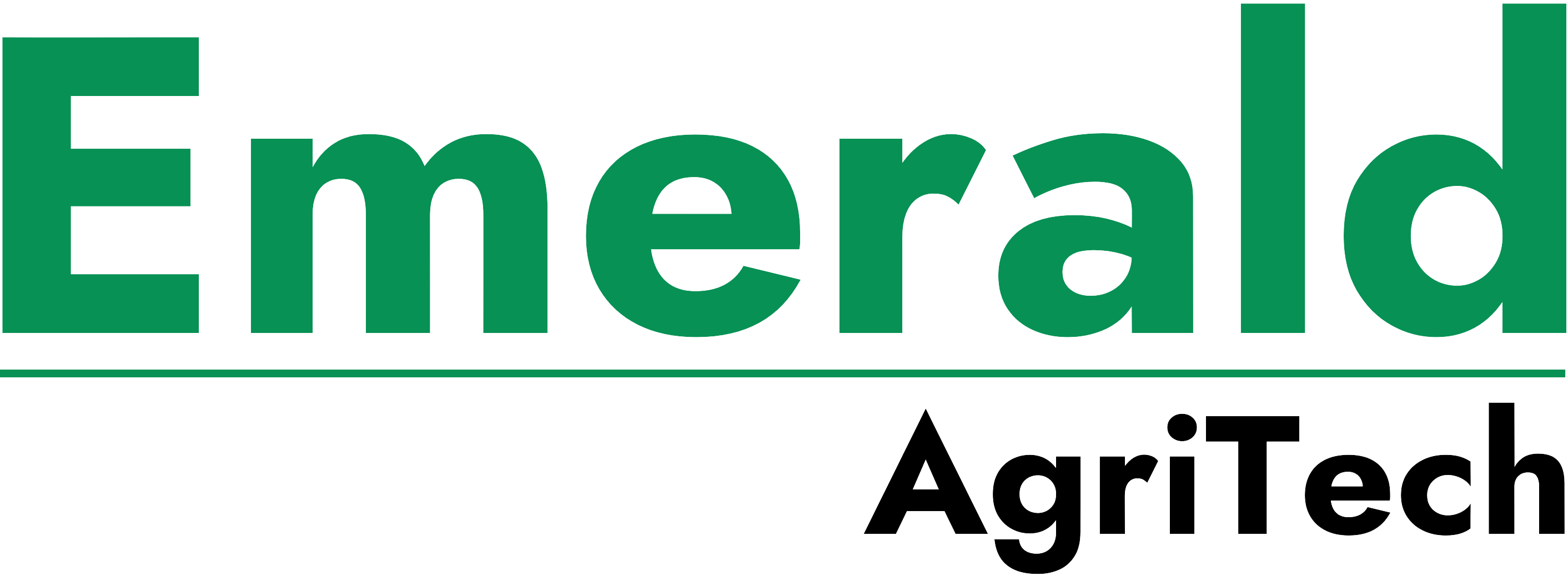In response, the European Union is leading the shift in setting the rules on sustainability claims with the Directive Empowering Consumers for the Green Transition through Better Protection against Unfair Practices and Better Information (“Greenwashing Directive”). This new directive aims to make product labeling clearer and more trustworthy by banning the use of general environmental claims without proof, as well as to empower consumers to make informed purchases using reliable information about products and traders.
Many food and retail companies producing or delivering food to the markets will soon be obliged to transparently communicate their sustainability, environmental, and social or ethical efforts.
What this means? Companies will have to show how the food was grown and provide buyers with transparency and reliability about the origin, quality, and safety of the purchased products.
Today’s society is becoming more aware of the importance of protecting the environment due to climate change. At the same time, consumers are becoming more and more conscious of the food they are buying, making healthy and sustainable eating their top priority. This has been capitalized by large corporations who advertise their products as ‘eco-friendly’ or ‘organic’ to influence the consumer to buy their products.
Unfortunately, many of these claims are unsupported or simply false. Namely, a recent study by the European Commission found that more than half of green claims by companies in the EU were vague or misleading, and 40% were completely unsubstantiated.
In the absence of harmonization or regulation, companies have essentially had free reign to advertise their products as they please, without any negative consequences. The new EU directive aims to harmonize this area of law to protect consumers from misleading marketing practices and help them make better purchasing choices.
The Greenwashing Directive will come into effect at the EU level, and each Member State must implement the relevant elements within the two-year period.
This means that this is the right time to consider implementing a technological solution that will make this transition process more fluent and provide your consumers with confidence in the food they’re buying.

